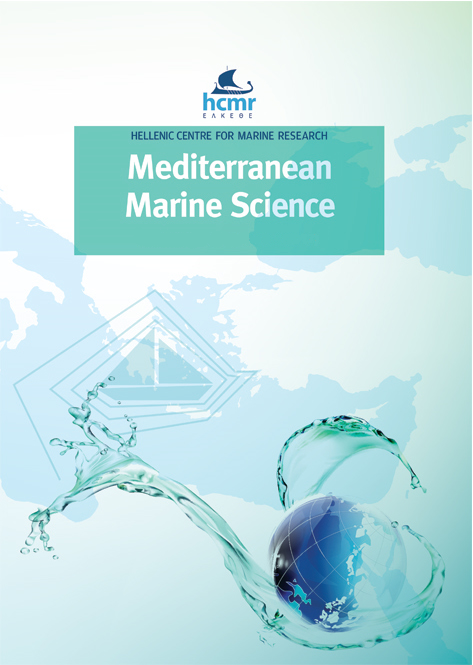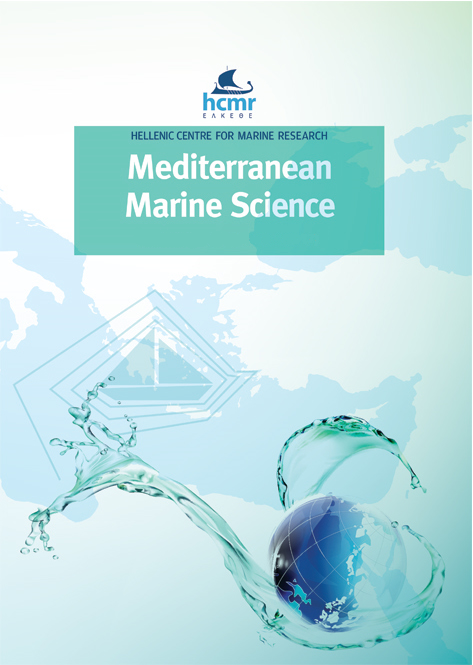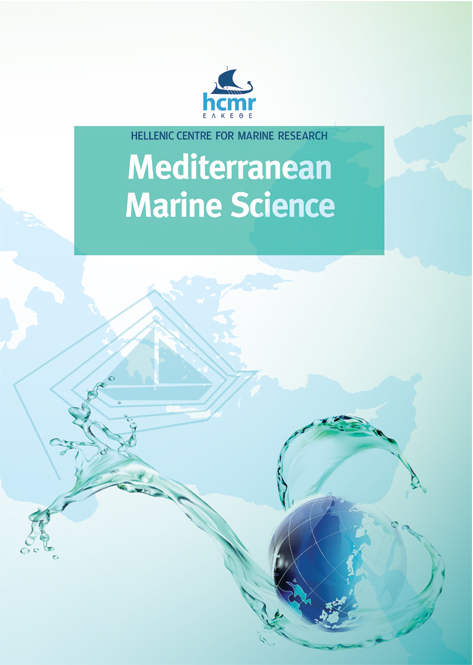Assessing the impact of Argo float temperature measurements on the forecast skill of a weather prediction numerical model

Abstract
The forecast skill of numerical weather prediction (NWP) models relies, among other factors such as the prediction itself and the assimilation scheme, on the accuracy of the observations utilized in the assimilation systems for the production of initial and boundary conditions. One of the most crucial parameters in weather forecasting is the sea surface temperature (SST). In the majority of NWP models, the initial and lower boundary conditions involve gridded (SST) analyses, which consist of data obtained by buoys, ships and satellites. The main aim of this study is to integrate Argo temperature measurements in gridded SST analyses and to assess their impact on the forecast skill of a limited area atmospheric model. Argo floats are “state-of-the-art” oceanographic instruments producing high-quality temperature profiles for the ice-free ocean. In this study, Argo temperatures are incorporated into gridded SST fields without applying any smoothing method in order to assess directly the impact of Argo temperatures on numerical weather prediction. Their impact is assessed under intense weather cyclonic conditions in the Mediterranean Sea by performing two sensitivity simulations, either incorporating or not Argo temperatures in gridded SST fields used for the generation of the initial and lower boundary conditions. The results indicate that the inclusion of Argo-measured near-surface temperatures in the lower boundary condition modifies the surface heat fluxes, thus affecting mean sea level pressure and precipitation. In particular, an overall improvement of the precipitation forecast skill of up to 3% has been demonstrated. Moreover, the incorporation of Argo temperatures affects the simulated track and intensity of the cyclone over the Balkan Peninsula.
Article Details
- How to Cite
-
VARLAS, G., KATSAFADOS, P., KORRES, G., & PAPADOPOULOS, A. (2019). Assessing the impact of Argo float temperature measurements on the forecast skill of a weather prediction numerical model. Mediterranean Marine Science, 20(2), 331–341. https://doi.org/10.12681/mms.15423
- Issue
- Vol. 20 No. 2 (2019)
- Section
- Research Article
Authors who publish with this journal agree to the following terms:
- Authors retain copyright and grant the journal right of first publication with the work simultaneously licensed under a Creative Commons Attribution Non-Commercial License that allows others to share the work with an acknowledgement of the work's authorship and initial publication in this journal.
- Authors are able to enter into separate, additional contractual arrangements for the non-exclusive distribution of the journal's published version of the work (e.g. post it to an institutional repository or publish it in a book), with an acknowledgement of its initial publication in this journal.
- Authors are permitted and encouraged to post their work online (preferably in institutional repositories or on their website) prior to and during the submission process, as it can lead to productive exchanges, as well as earlier and greater citation of published work (See The Effect of Open Access).






